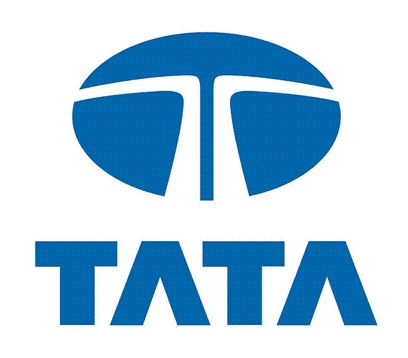
A federal jury in Oakland, Calif., made an astounding decision earlier this week — it decided that Tata Consultancy Services, Inc., the massive Indian outsourcing company, did not discriminate against some U.S. citizen workers on the grounds that they were not South Asians.
Tata's employment record within the H-1B program is notorious; as we reported earlier this year, 99.7 percent of its H-1B hires are from India. If its hiring pattern is anything like those of the other outsourcing (rent-a-programmer) firms, it not only discriminates against everyone but Indians, it discriminates in favor of young Indian males from the southern states of that nation.
Given that record, how could the little law firm in Washington, D.C., handling the case, Kotchen & Low, manage to lose? The winning law firm is Loeb & Loeb; this is a major firm, with 400 lawyers and eight offices around the United States.
I was not in the courtroom and, as far as I can tell, there were only two reporters there, Leonardo Castañeda of the local Bay Area News Group, and Dorothy Atkins of Law360. (There should have been mobs of journalists, but that was not the case.)
From a distance, one possible explanation might be that the case was not about the H-1B hiring practices of Tata, but about the differential treatment of several U.S. citizens who had been hired by Tata, as opposed to the treatment of the South Asians (the term used in this case). The Americans complained that they were 13 times more likely to be fired than similarly situated South Asians, a fairly narrow complaint in which the 99.7 percent hiring record, perhaps, could not even be discussed.
Tata's lawyers replied, according to the Law360 account (partially behind a pay wall), that "there's been a 400 percent increase in the local hires since 2011".
One wonders what the base for that figure was; a 400 percent increase on the base of two workers would be eight workers.
Within this approach, the trial may have turned on the attractiveness of the laid-off Tata workers, the Americans. They may not have been the best witnesses, but again, I was not there. Weak witnesses plus the inability to use the 99.7 percent hiring data argument may be the reason for the loss of the case.
